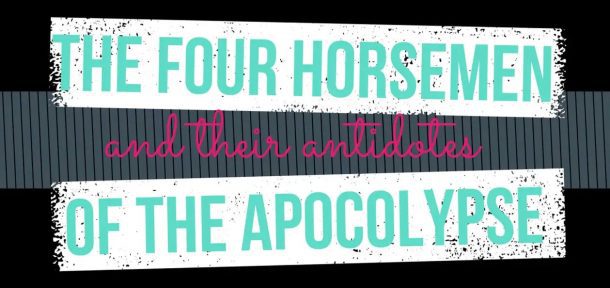The Pattern of Anger.
Anger is experienced as a bodily sensation and a simultaneous set of thoughts that arise at the same time to feed each other. In order to remove the uncomfortable body sensations, the habit of acting out of anger is developed. In other words, it is the difficulty in tolerating the heat in the chest, the tightness in the jaw, the pressure in the head, the seeing red that leads to the reaction of acting out.
It is this habitual cycle of acting out of anger that leads to issues in personal relationships, the workplace and the home. Through mindfulness as taught in MiCBT (Mindfulness integrated Cognitive Behaviour Therapy) and equanimity training there can be an increased ability to be with bodily sensations without the corresponding need to react. In this way new more skillful ways of responding and interacting can be learned. In time this leads to improved relationships, improved emotional regulation, greater compassion and skilled ways to get our needs met in a proactive healthy manner.
Boundaries are important.
If personal boundaries are crossed anger may be a cue that something needs to change. This can mean telling someone about the problem you have with their behaviour. Assertive communication is necessary and works better than angry or passive aggressive communication. Learning to be assertive involves firstly working on emotional self regulation and acceptance of your biological responses. The next step is letting go of responsibility for other people’s reactions and being kind and caring as you work to find a win win solution.
All the therapists working at Spacious Mind Counselling have completed MiCBT practice and training over 12 weeks and continue to engage in their own mindfulness practice on a regular basis. Each of us reports having noticed significant improvements in our personal lives in terms of our ability to deal with difficult emotions such as anger. This is one of the main reasons we are passionate about MiCBT as a therapeutic tool.
Research has shown promising results that prosocial behaviours can be cultivated through mindfulness meditation practice (Ashar et al. 2016; Condon and DeSteno 2017; DeSteno 2015).
If anger is an issue for you and you would like to have an increased ability to regulate your emotions and thereby reduce your reactions, then it is worth exploring further to see if Mindfulness can help.
REFERENCES
- Ashar, Y. K., Andrews-Hanna, J. R., Yarkoni, T., Sills, J., Halifax, J.,
Dimidjian, S., & Wager, T. D. (2016). Effects of compassion meditation on a psychological model of charitable donation. Emotion,16, 691–705. - Condon, P., & DeSteno, D. (2017). Enhancing compassion: social psychological perspectives. In E. Seppala, J. Doty, M. Worline, D. Cameron, S. Brown, & E. Simon-
- Thomas (Eds.), Oxford handbook of compassion science. Oxford University Press.
DeSteno, D. (2015). Compassion and altruism: how our minds determine who is worthy of help. Current Opinion in Behavioral Sciences, 3, 80–83






